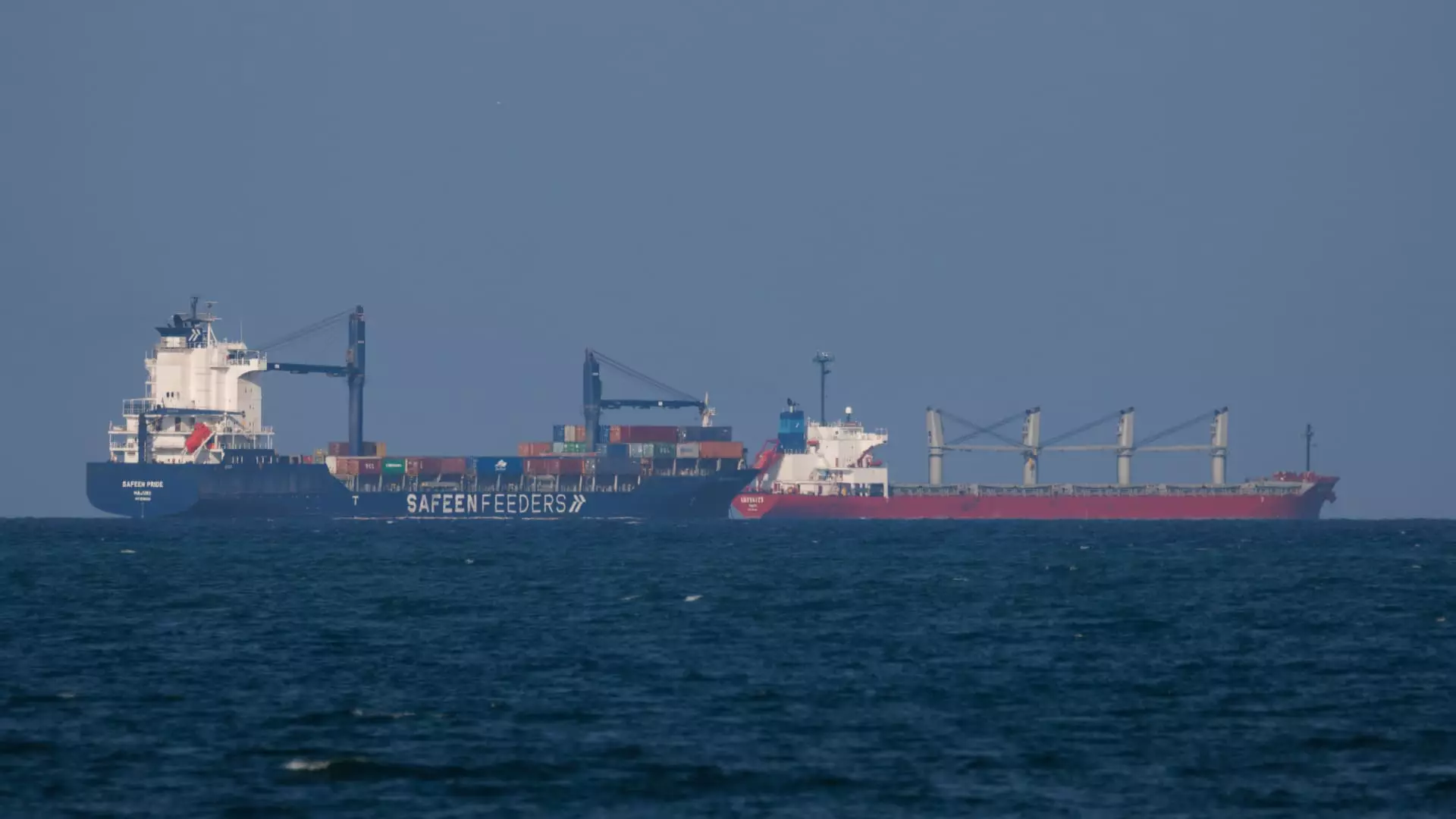Commodities trader Trafigura recently faced a security crisis when one of its tankers, the Marlin Luanda, was attacked by Yemen’s Houthi group in the Red Sea. As a result, Trafigura is now evaluating the risks associated with further voyages in the region. This incident has prompted other shipping companies to suspend transits through the Red Sea, opting for longer and costlier routes around Africa to avoid similar attacks. In this article, we will explore the implications of Houthi attacks on maritime transportation and examine the actions taken by Trafigura and other industry players to mitigate these security risks.
Yemen’s Houthi group, backed by Iran, initiated a series of attacks on container vessels in the Red Sea in response to Israel’s military operations in Gaza. Fuel tankers, however, have continued to use the route, although QatarEnergy, a major exporter of liquefied natural gas, recently halted its shipments via the Red Sea due to security concerns. The attacks by the Houthi group have prompted many shipping companies to reconsider their routes and assess the potential risks they face in the region.
On a fateful day, the Marlin Luanda, a tanker operated by Trafigura, encountered a Houthi anti-ship missile attack. The crew bravely fought a blaze in one of the cargo tanks, with the assistance of Indian, U.S., and French navy vessels. Fortunately, the fire was extinguished, and all crew members were reported safe. Despite this incident, Trafigura has decided to evaluate the security and safety measures involved in future voyages. The company is working closely with shipowners and customers to ensure the well-being of its crew and the vessels it operates.
In response to the Houthi attacks, the United States and Britain have deployed warplanes, ships, and submarines to retaliate against Houthi forces. These retaliatory strikes aim to protect merchant vessels and maintain the security of the region. The U.S. military recently destroyed a Houthi anti-ship missile aimed at the Red Sea, presenting an imminent threat to both merchant vessels and U.S. Navy ships. However, conflicting reports suggest that the United States and Britain also targeted the port of Ras Issa, Yemen’s main oil export terminal. Clarification is still needed regarding the exact location and extent of the airstrikes.
Trafigura’s decision to reevaluate its voyages in the Red Sea is a testimony to the prevailing security risks in the region. Other shipping companies must also consider the potential dangers associated with transits through the Red Sea and find ways to mitigate those risks effectively. Increased military presence from countries like the United States and Britain is a step in the right direction. Collaborative efforts among navies can ensure the safety not only of merchant vessels but also of important oil export terminals.
Given the security concerns in the Red Sea, some shipping companies have resorted to bypassing the region altogether, opting for longer routes around Africa. While this may provide a safer alternative, it comes at a significant cost. Longer journeys result in higher fuel consumption and increased time at sea, which can have detrimental effects on both the environment and the industry’s operational efficiency. Therefore, it is crucial for shipping companies to strike a balance between security and cost-effectiveness.
The recent attack on Trafigura’s tanker in the Red Sea by Yemen’s Houthi group has revealed the inherent security risks associated with maritime transportation in the region. Shipping companies are now being forced to reassess their routes and weigh the potential dangers against the cost implications of alternative journeys. The collaboration between international navies and the deployment of military assets aim to safeguard merchant vessels and critical oil export terminals in Yemen. As Trafigura continues to evaluate the risks involved in further voyages, the industry as a whole must remain vigilant and proactive in mitigating these security threats.


Leave a Reply